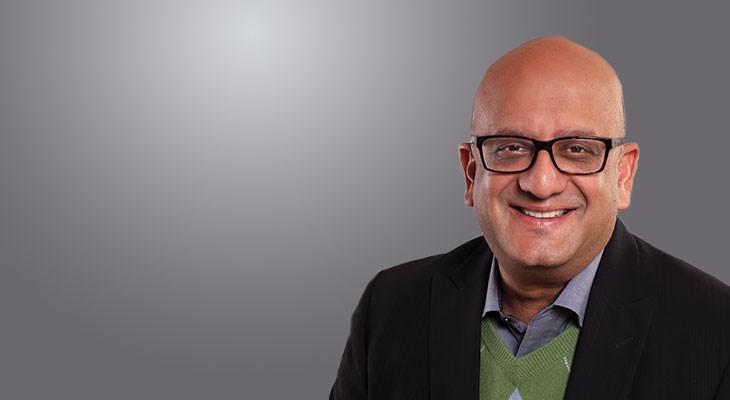Dealmaking is a big part of Sanjay Singh’s life. Whether it’s in his role as president at Roll-Kraft, or on behalf of the family office he constructed a few years ago, Singh is always looking for an opportunity to make something happen.
“At Roll-Kraft, we have a good focus on how to allocate and optimize resources internally,” Singh says. “So we felt that we could use that practice in other organizations that needed help. I came across a lot of lower middle-market companies that just needed guidance. They needed that organizational leadership — that discipline and focus — to get to the next stage.”
In 2018, Singh invested in Mace Security International Inc., the Cleveland-based company that designs and manufactures personal defense and security products.
“We saw the potential and felt that, while the brand name is well-known, it wasn’t well-served,” Singh says. “People didn’t know that the company was in Cleveland. It was like Kleenex. People associated pepper spray with Mace. Not all pepper spray is the Mace brand. We felt that there was a real tangible opportunity there.”
We spoke with Singh about his approach to dealmaking, both through his family office and at Roll-Kraft.
Be selective
Singh’s family office is a separate entity, but it is part of the Roll-Kraft family, he says.
“You need to be prepared to invest a lot of time and energy in meeting and networking with folks who might be able to help bring you deals,” Singh says. “We are very fortunate that we get deals that are referred to us, so it’s a pretty focused investment of time and energy.”
Roll-Kraft has also built a strong relationship with its bank, which benefits Singh in his investment endeavors.
“They understand how Roll-Kraft has performed, and we’ve earned their faith, earned some credibility in making investments outside of the Roll-Kraft space,” Singh says. “That’s important to have that capital be readily available should a good deal arise.”
The third piece is having a clear understanding of acquisition parameters.
“We get presented a lot of deals, but when we look at them, if it doesn’t sit within that framework, we move on,” Singh says. “You have to be very selective. We don’t have a very large fund, and Mace is probably the largest investment we’ve made. You’re trying to allocate the right resources to the right priorities.”
What’s the problem?
Singh has been at Roll-Kraft since 2013 and became president of the tooling supplier in 2015. The company hasn’t done a lot of deals but has found acquisitions that serve an important purpose.
More than a decade ago, Roll-Kraft acquired Empire Precision Tooling, an Ontario-based company that became Roll-Kraft Ltd., boosting marketing share in Canada. A more recent transaction was the acquisition of Chicago Roll Co.
“It’s turned out to be a very good investment,” Singh says. “It’s enabled us to service a lot of customers in that general area around Illinois, capture market share and increase our cash flow.”
The deal also provided a personnel boost, something that has become increasingly important in an industry with an aging workforce.
“You’ve got a shrinking pool of people who are in the tooling business,” Singh says. “So acquisitions can bring talented people together, and then, as we develop training programs, we can train the newcomers into doing things that the folks who are retiring did.”
In the end, good deals are most often a result of being prepared, patient and clear about what you’re looking to achieve in the transaction. But there’s an even more important question that should always be considered.
“What is the problem that the acquisition solves?” Singh says.




